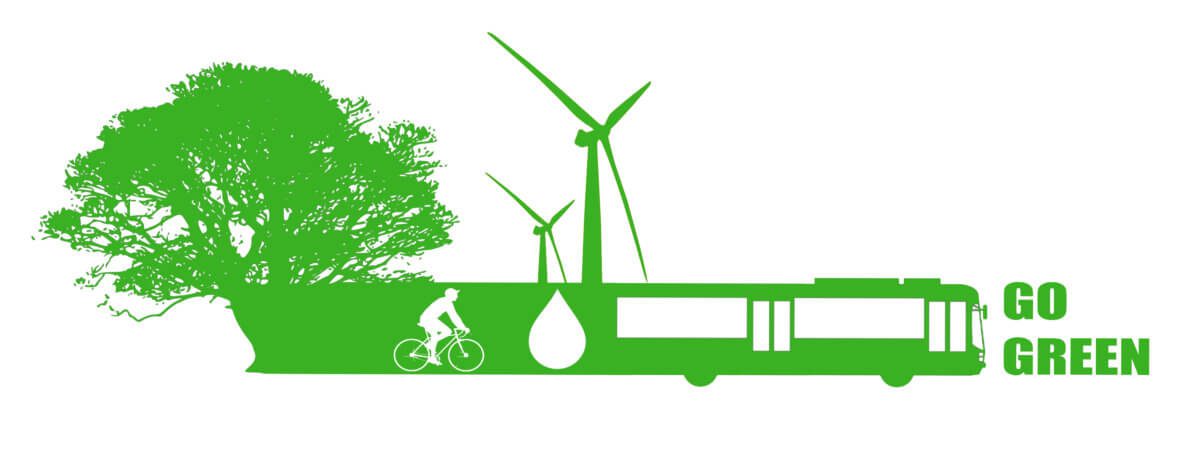Living sustainably shouldn’t be a luxury, just as it shouldn’t solely be about making sacrifices. It’s about using resources wisely – including our money – so that we can save and end up with more. After all, a penny saved is a penny earned! Seeing as us uni students are always looking for ways to improve our finances, here are some tips and tricks on how to do exactly that, while being good to the Earth:
Reusable containers
The first thing that comes to mind: water bottles. Instead of buying bottled water and chucking it out after a couple of gulps, refill your own reusable one. Plastics are compromising our water and air quality, so cutting down on our consumption of it only makes sense. KeepCups are another amazing innovation, with a lot of cafes around Canberra (e.g. Greenhouse in Canberra Centre, Atticus Coffee in CBE, Coffee Lab in the Pop Up) charging customers less when you BYO reusable cups. Watch out for refillable packaging next time you go shopping as well. You’d be surprised to see how much cheaper it is to refill and reuse items like soap dispensers, salt and pepper grinders and pens. Don’t forget your snazzy shopping bags if you don’t want to have to pay for plastic ones!
Meal-prepping and meal-planning isn’t only for gym-junkies.
So many advantages. To begin with, you know what and when you need to buy, meaning you’ll be able to avoid any unnecessary purchases, especially of foods that will only end up rotting in your fridge. Secondly, preparing your own food means you don’t need to eat out or rely on Uber Eats all the time – these are dangerously expensive habits many of us fall into. Lastly, you get to use reusable containers and cutlery instead of disposable ones you get with takeaway. Win, win, win!
‘In order to be irreplaceable, one must always be different.’
Words by the beloved Coco Chanel. What better way to achieve individuality than by ditching fast fashion and fleeting trends? We’re talking about big brands that sell cheap clothing that begin fraying after a couple washes. Don’t fool yourself into thinking ‘cheap clothes = win’. The costs start accumulating and a bit of maths will easily reveal that you could’ve bought something wayyy nicer if you’d just tamed your inner impulse shopper on your last trip to H&M. Instead, visit your local thrift store, join a clothes swap group on Facebook, share pieces with friends – take advantage of it all!
Invest in the right tech
Electronics are expensive, but it’s not something we can realistically forego either. Purchase proper earphones and cables that are guaranteed to last longer than a month, even if they’re a bit more expensive. Like clothes, the costs of individual counterfeits add up and end up costing you a whole heap more. They also accumulate in our landfills: this year alone, we expect up to 49.8 million tons of e-waste globally. Consider buying properly refurbished computers and phones that are often a couple of hundred dollars cheaper. Take advantage of programs like Apple’s GiveBack as well, where companies take your old electronics in exchange for gift cards. If not, at least make sure that they’re being recycled – electronics are made up of valuable minerals that can be easily reused!
Out-Diva Aunt Flo
#RIP – gotta love having your period! DivaCups are definitely the way to go. For only about 50 bucks, you can save on menstrual products for at least a year depending on how well you clean and store it. For an option closer to home, the BKSS is currently stocking discounted JujuCups – an Australian offering in the menstrual cup market. Every year in Australia alone, we dump around 18 metric tonnes of harmful chemical-emitting sanitary waste that never really decomposes. Ew – it’s just not okay.
Re-think your food
It’s no secret that the meat industry is detrimental to our planet in so many ways. A simple Google search can tell you enough. No, I’m not suggesting we all become vegan either – I myself eat meat. What I am suggesting, however, is that we be more mindful of how much and of what we consume. Cutting down on meat isn’t only good for the environment, but it’s also good for your wallet! Another helpful tip: keep an eye out for ugly fruit and veg. Supermarkets like Woolworths and Harris Farms often sell ‘deformed’ produce that taste perfectly fine at lower prices.
Transport
Ditching cars isn’t feasible for everyone, especially if you travel long distances on the reg. However, whenever you can, try to use your bike instead. You’ll be able to skip out on petrol and any additional costs that come with owning and driving a car. Public transport can save you from having to pay hellishly for parking tickets as well!
We acknowledge the Ngunnawal and Ngambri people, who are the Traditional Custodians of the land on which Woroni, Woroni Radio and Woroni TV are created, edited, published, printed and distributed. We pay our respects to Elders past and present. We acknowledge that the name Woroni was taken from the Wadi Wadi Nation without permission, and we are striving to do better for future reconciliation.
